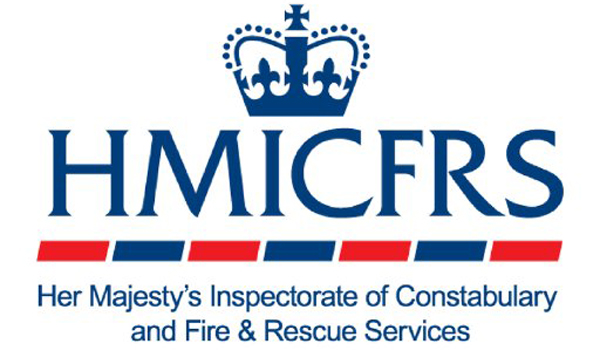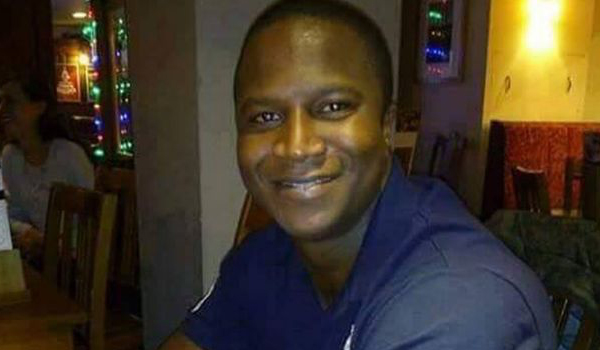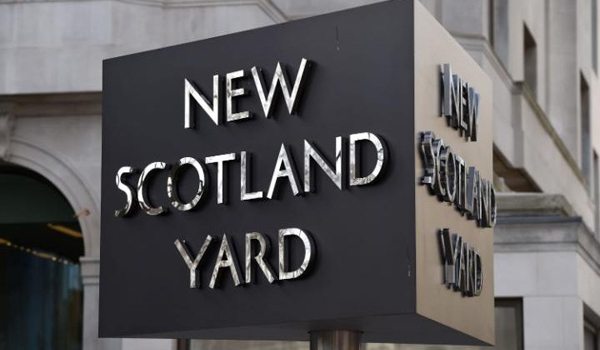Federation criticises IOPC response to use of force ruling
The Police Federation of England and Wales (PFEW) has hit back at the Independent Office for Police Conduct’s (IOPC) response to a judicial review that found the IOPC had acted unlawfully in directing that a firearms officer should face misconduct proceedings.
Steve Hartshorn, firearms lead for the PFEW, described the IOPC’s comments as “inaccurate, one-sided and disrespectful to the ruling of the High Court”.
The IOPC response – ‘Testing the law: reasonable or unreasonable use of force’ – was published its website and reproduced in the current edition of Police Professional (PP656),
Mr Hartshorn said the outcome of the case represented an important legal victory for PFEW members, but it deliberately chose not to issue a celebratory response, being “conscious for the need to remain dignified and respectful in the knowledge that a man died and an inquest into his death is still to take place”.
The IOPC asked for permission to appeal when the judgment was originally handed down on August 14. That application was rejected. The IOPC subsequently announced its intention to take the case to the Court of Appeal and the posting on its website detailed its reasons for doing so.
However, Mr Hartshorn criticised the IOPC for publishing at all.
“As the legal process has yet to be concluded, it is inappropriate for an independent body to issue what is, in effect, a campaign statement of its own wishes for what the law should be,” he wrote in an article on the PFEW website.
The IOPC suggested that the High Court’s ruling on the relevance and meaning of the Code of Ethics limits the IOPC’s ability to hold police to account against their professional standards, but Mr Hartshorn said this was “an inaccurate and misleading comment on the meaning and impact of the ruling”.
He added: “When there are no grounds on which a police officer could form an honest belief, no tribunal, on analysing the circumstances, is going to find that officer’s belief was honestly held.
“Further, even when there are grounds justifying an honest belief, if the degree of force used is unreasonable or disproportionate (which is an objective test), the police officer may still be found to have failed to meet the standards.”
The IOPC response said the ruling “took one paragraph in the College of Policing’s Code of Ethics – and its inclusion of the word ‘honestly’ – to mean that the subjective legal test should apply rather than the objective test of reasonableness used in civil law”.
However, Mr Hartshorn pointed out that the IOPC had not raised any concerns about the Code in the five years it has been in existence. During the hearing the barrister acting for the IOPC admitted that it had “not adopted a consistent approach as to the applicable test for the use of force”.
“The IOPC calls for a consistent professional approach by police officers in their roles yet is criticised by the High Court for failing to abide by such standards itself,” said Mr Hartshorn.







